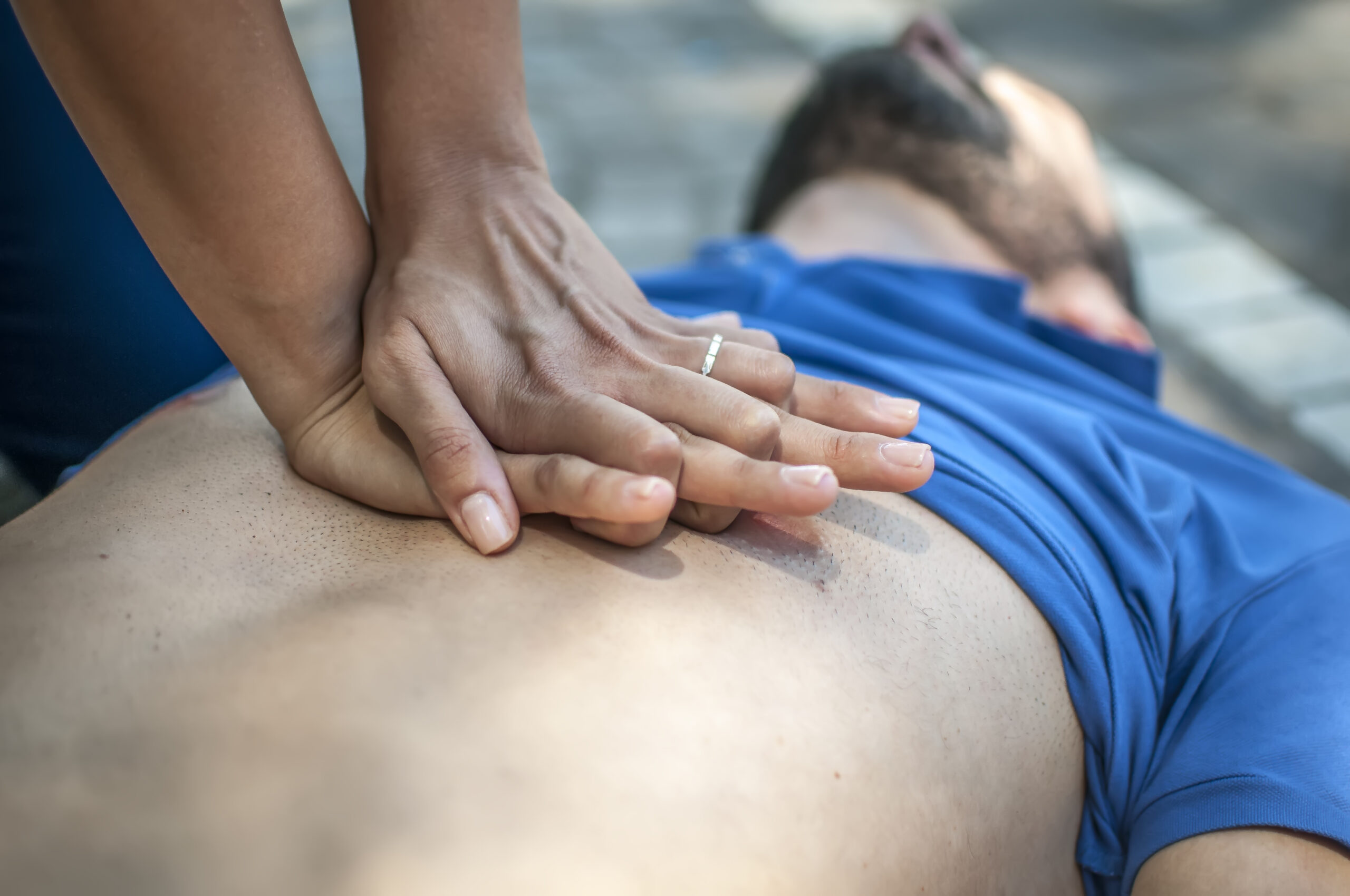There was a time when bystanders in most states were afraid to help strangers in need of care. They were afraid that they would later be sued by injured victims or their families if anything went wrong. And, that sometimes happened.
For example, in California, a woman was sued for pulling her friend out of a wrecked car. The friend claimed that the rescuer increased the severity of her injury and filed a lawsuit against her for damages. The rescuer testified that she was afraid the car would catch on fire and kill her friend, so she pulled her out quickly. Even though the friend was acting as a Good Samaritan, at that time the law did not protect rescuers from liability. The law only protected those providing medical care.
What is a Good Samaritan?
A Good Samaritan is a person who renders emergency aid to someone in need. To date, all 50 states have “Good Samaritan” laws designed to protect those, who provide emergency care to an injured person, from civil liability for their actions.
In most states, this is true whether the aid given is medical care or rescue services as long as the samaritan is not paid for the aid that was provided. Even doctors and nurses and other medical ancillary care providers are protected under Georgia’s Good Samaritan statute.
Those who are paid first responders, or who are rendering emergency aid for pay, are not protected under Good Samaritan laws. They are expected to do their jobs correctly and they have a legal duty to assist, so they are not considered Good Samaritans. If they are negligent in the performance of their job, the harmed individual may be able to collect damages.
Georgia’s Good Samaritan Law
State laws, such as the good samaritan law Georgia and others, vary in how much protection is provided and who is protected. The Georgia Legislature enacted its first Good Samaritan statute in 1962. Since then, the law has undergone various updates and additions.
Now, Georgia’s Good Samaritan law, protects anyone, including doctors and “any other person licensed to render ancillary serves…who in good faith renders emergency care at the scene of an accident or emergency,” who does not charge for these services. The person will not be held liable for their acts or omissions in providing the emergency care. Whether emergency care is applied “in good faith” is interpreted on a case to case basis.
Section (b) of the statute provides that “Emergency care shall include, but shall not be limited to, the rescue or attempted rescue of an incapacitated or endangered individual from a locked motor vehicle.” Other sections of Georgia Code Title 51-1-29 et seq. provide protection from liability for volunteer medical personnel who provide medical care at a hospital or site of a natural disaster, as well as those who use a defibrillator.
Risks of Being a Good Samaritan
Sadly, some Good Samaritans are injured or killed while assisting others. In 2012, an Atlanta man was assisting a man trapped in his mini-van that had become stuck on the railroad tracks. A train came and struck part of the minivan and ran over and killed the Good Samaritan. The mini-van driver was injured, but survived.
In May of last year, a Cobb County man stopped to help a couple whose car had stalled. The good samaritan offered to drive them to a mechanic. But first, they needed to move the stopped car off of the roadway. The good samaritan was helping the husband push the car up a hill and to the side of the road when another car slammed into him from behind. The Good Samaritan was killed instantly. The other man, the driver of the stalled car, was injured and taken to the hospital.
In Oklahoma, a man was killed while he was rendering aid to a couple whose car had run off the road while going around a curve. He was standing off of the roadway, but was hit by a car rounding the same curve. And the list can go on and on.
When good samaritans are injured or killed while rendering aid, the same laws of negligence apply. The person responsible for causing their injury may be held liable and be required to pay for the damages. The purpose of this article is not to discourage individuals from being that Good Samaritan, but to encourage individuals to use extreme caution when rendering aid.
If you or someone you know was harmed by the acts of a good samaritan who you believe was not acting in good faith, or was harmed while acting as a good samaritan, you need to contact Georgia Trial Attorneys. We offer free case evaluations.

